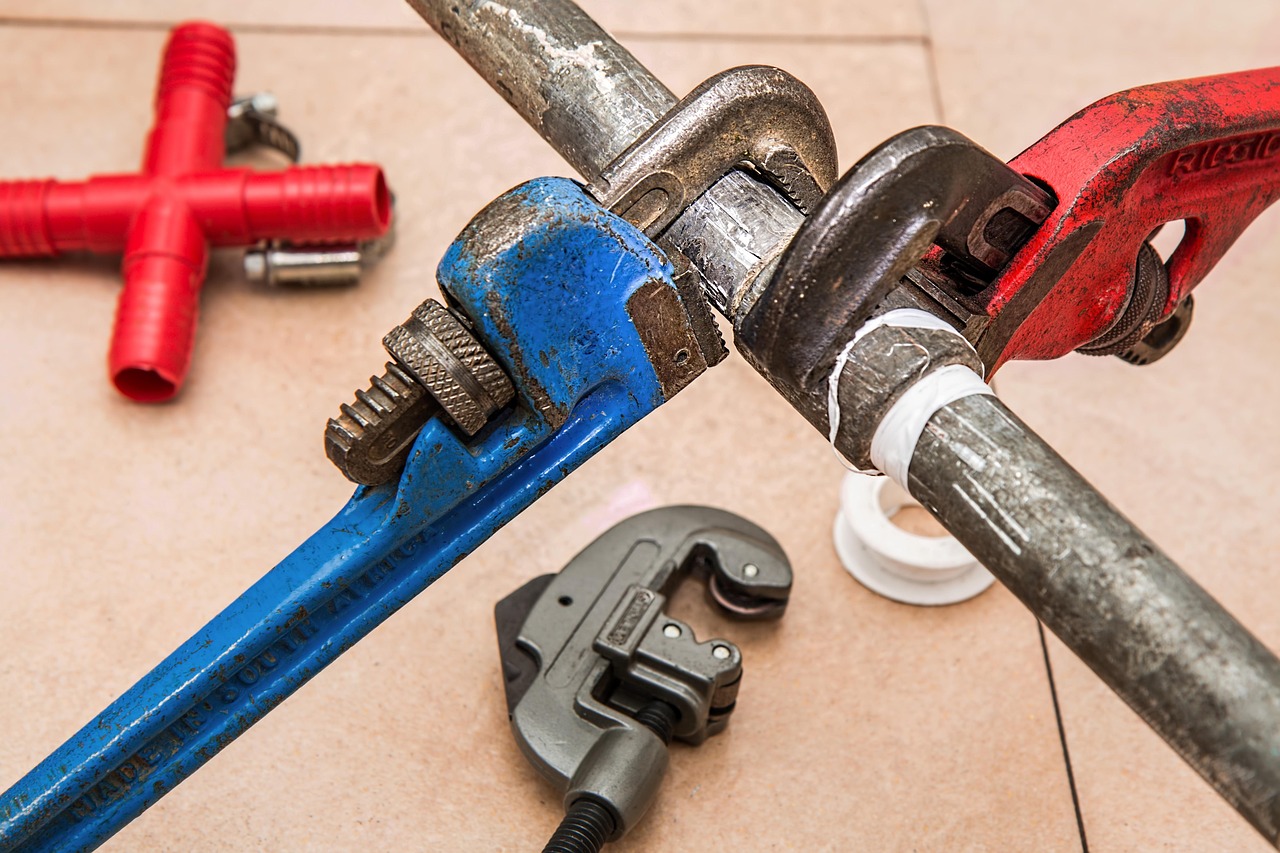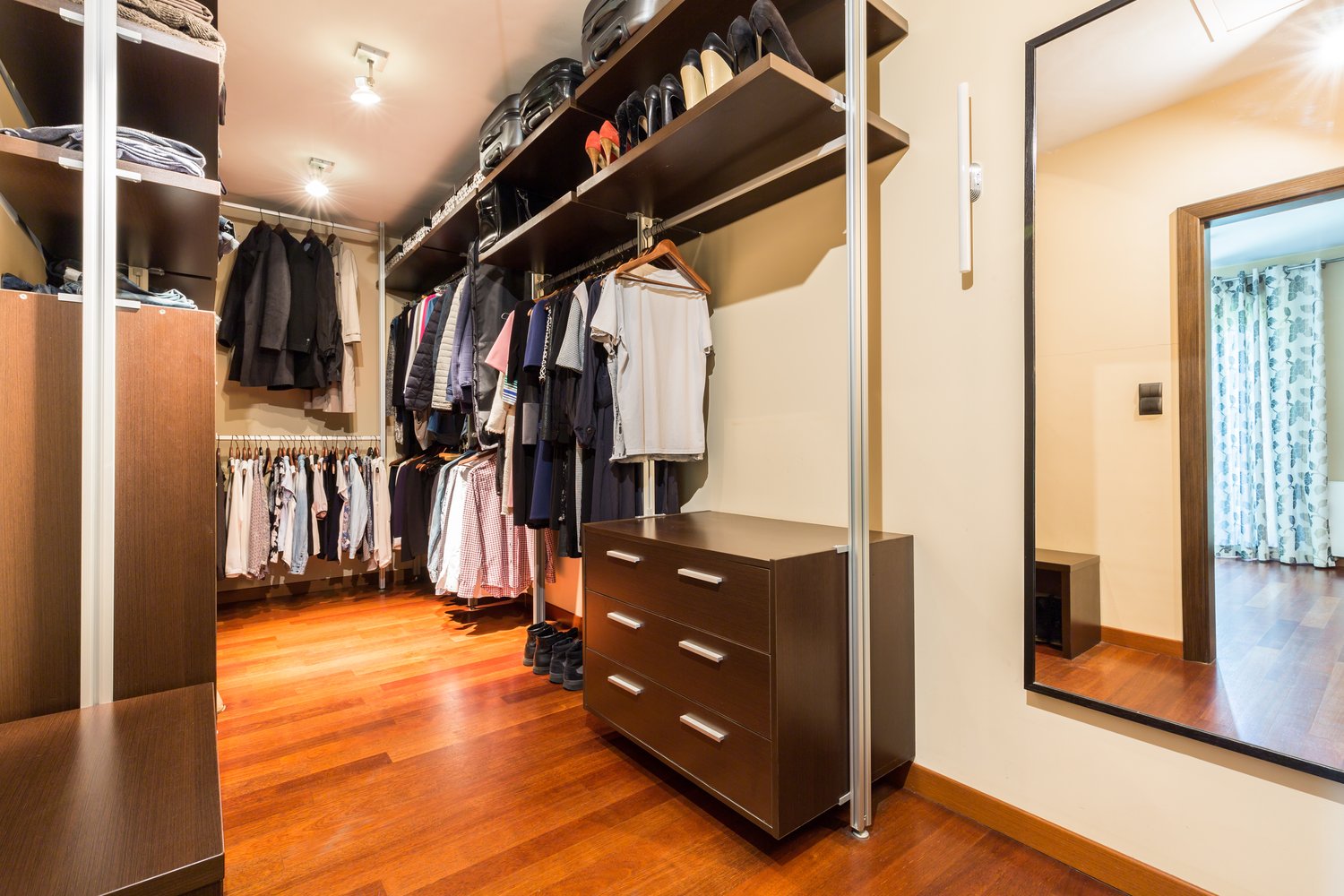Installing an inground pool is a significant investment that can enhance your property value and provide countless hours of enjoyment. However, the costs can vary dramatically depending on which type of pool you choose. This article breaks down the three main inground pool cost comparison types: vinyl liner pools, fiberglass pools, and gunite (concrete) pools. We’ll examine the installation expenses, maintenance requirements, durability factors, and other important considerations to help you determine which option best suits your budget and lifestyle.
Understanding Inground Pool Basics
Before diving into specific costs, it’s important to understand what sets these pool types apart. Vinyl liner pools feature a custom-made sheet of vinyl that creates a barrier between the water and the pool structure. Fiberglass pools are pre-manufactured shells that are delivered whole and placed into an excavated hole. Gunite pools involve spraying a mixture of concrete and sand over a rebar framework, which is then plastered, painted, or finished with other materials. Each construction method significantly impacts both initial investment and long-term expenses, which is why a thorough inground pool cost comparison is essential before making a decision.
Vinyl Liner Pool Price and Considerations
Vinyl liner pools typically represent the most budget-friendly initial investment among inground options. The average vinyl liner pool price ranges from $25,000 to $45,000 for installation, making it an attractive option for homeowners with limited budgets. These pools offer versatility in shape and design and have a smooth surface that’s comfortable to touch. Installation is relatively quick, typically taking two to four weeks to complete.
However, the lower upfront cost comes with ongoing maintenance expenses. Vinyl liners typically need replacement every 7-10 years, costing between $3,000 and $5,000 each time. They’re also more susceptible to damage from sharp objects and pets. Additionally, while vinyl pools hold their structure well in most soil conditions, they may not add as much property value as other pool types. For families looking to balance initial cost with reasonable maintenance requirements, vinyl liner pools remain a popular choice.
Fiberglass Pool Install Cost and Benefits
The fiberglass pool install cost typically falls in the middle range, with prices averaging between $45,000 and $85,000. These pre-manufactured shells arrive ready to install, which significantly reduces construction time to about two weeks. The non-porous surface of fiberglass pools inhibits algae growth, potentially reducing chemical usage by up to 70% compared to other pool types. According to experts at AskHomey, homeowners often report saving hundreds annually on chemicals and maintenance with fiberglass pools.
The smooth surface is gentle on feet and swimwear, and the flexible nature of fiberglass makes these pools more adaptable to ground movement. However, size and shape options are limited since the shells must be transported by road. The maximum width typically doesn’t exceed 16 feet, and customization options are more restricted than with other pool types. While the initial fiberglass pool install cost is higher than vinyl, the lower maintenance requirements and longer lifespan (25+ years without major renovation) can make it more economical long-term.
Gunite Pool Estimate and Long-Term Value
Gunite (concrete) pools represent the premium end of the market, with a typical gunite pool estimate ranging from $50,000 to well over $100,000 depending on size, features, and finishes. These custom-built pools offer unlimited design flexibility and exceptional durability, with structures that can last for generations with proper care. The concrete construction allows for any shape, depth, or special feature imaginable, making them ideal for homeowners seeking unique designs or challenging installation sites.
However, this versatility comes with higher maintenance requirements. The porous surface can harbor algae, potentially increasing chemical costs. Gunite pools typically require resurfacing every 10-15 years at a cost of $10,000 or more. They also take the longest to install, with construction periods often extending to 8-12 weeks. Despite these considerations, many homeowners find the aesthetic possibilities and long-term value of gunite pools worth the investment, particularly for custom or luxury properties where the pool serves as a central landscape feature.
Making Your Final Decision
When weighing inground pool cost comparison types, consider both your immediate budget and long-term plans. Vinyl liner pools offer the lowest entry point but higher ongoing costs. Fiberglass provides a balance of reasonable installation costs with lower maintenance. Gunite delivers premium quality and customization but at a significantly higher price point. Also factor in your climate, soil conditions, desired features, and how long you plan to stay in your home.
For more tips and to connect with reliable home service professionals, follow AskHomey on Facebook and Instagram.



